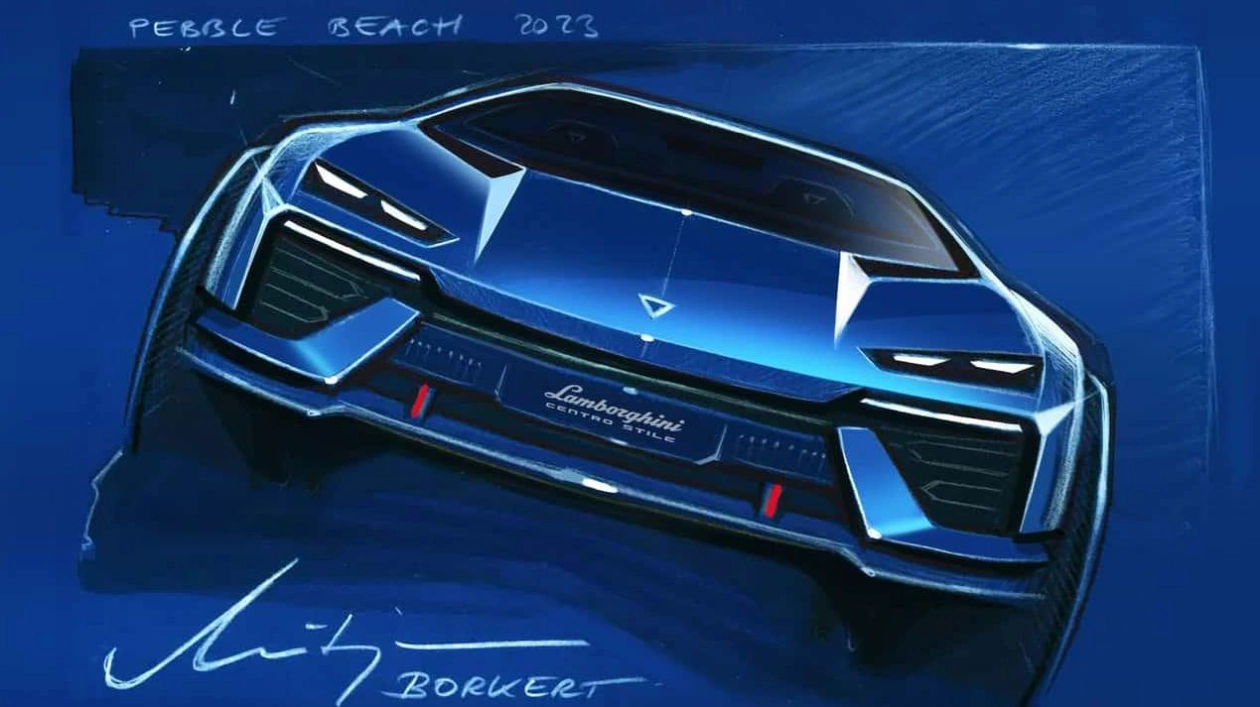Lamborghini is gearing up to unveil its inaugural electric vehicle in 2028. The Lanzador concept, showcased at Pebble Beach in 2023, offers a glimpse of this upcoming model, which will be a distinctive SUV-styled 2+2 grand tourer rather than a traditional sports car. CEO Stephan Winkelmann anticipates that the EV will match the sales performance of the company's mainstream supercars, despite the waning public interest in battery-powered vehicles.
During an interview with Motor1 at the launch of the Urus SE at Italy's Nardò Technical Center, Winkelmann outlined the projected sales volumes for Lamborghini's lineup post-EV launch. "The Revuelto is positioned in the smallest segment, and its sales volumes will remain the lowest," he explained to Motor1. "Meanwhile, we anticipate Temerario and the [electric] GT car to perform at a similar level. The Urus will continue to be our top seller."
The Temerario, launched earlier this year, marks Lamborghini's new entry-level supercar, succeeding the highly successful Huracán. Last year, the Italian automaker sold 3,962 Huracáns, accounting for approximately 40 percent of total sales. It's reasonable to assume that Temerario sales will follow a similar trajectory.
Winkelmann's forecast for Lamborghini's EV sales is notably bold, given the public's evolving stance on electric cars, even within the ultra-luxury segment. However, Lamborghini is not swayed by current market trends. "You must consider that Lamborghini requires five years for development, followed by a product cycle of at least eight years," Winkelmann notes. "Therefore, you always need to anticipate future developments. If you base your decisions on current sentiments, you will never achieve anything."
Winkelmann isn't alone in his optimistic outlook on Lamborghini's EV prospects. In a separate conversation with Motor1, Chief Technical Officer Rouven Mohr echoes this sentiment, emphasizing that shifts in public opinion are inevitable. Mohr also highlights that Lamborghini won't rely on simulated gear shifts or artificial engine sounds to attract buyers. Instead, the focus will be on something more profound.
"From our viewpoint, we must take a more progressive approach," Mohr asserts. "Simply mimicking a combustion engine might be the right strategy for now. But we need to persuade customers that the electric driving experience offers something beyond what combustion engines can provide. Only then can we convince emotionally driven buyers to remain loyal to electric vehicles."






